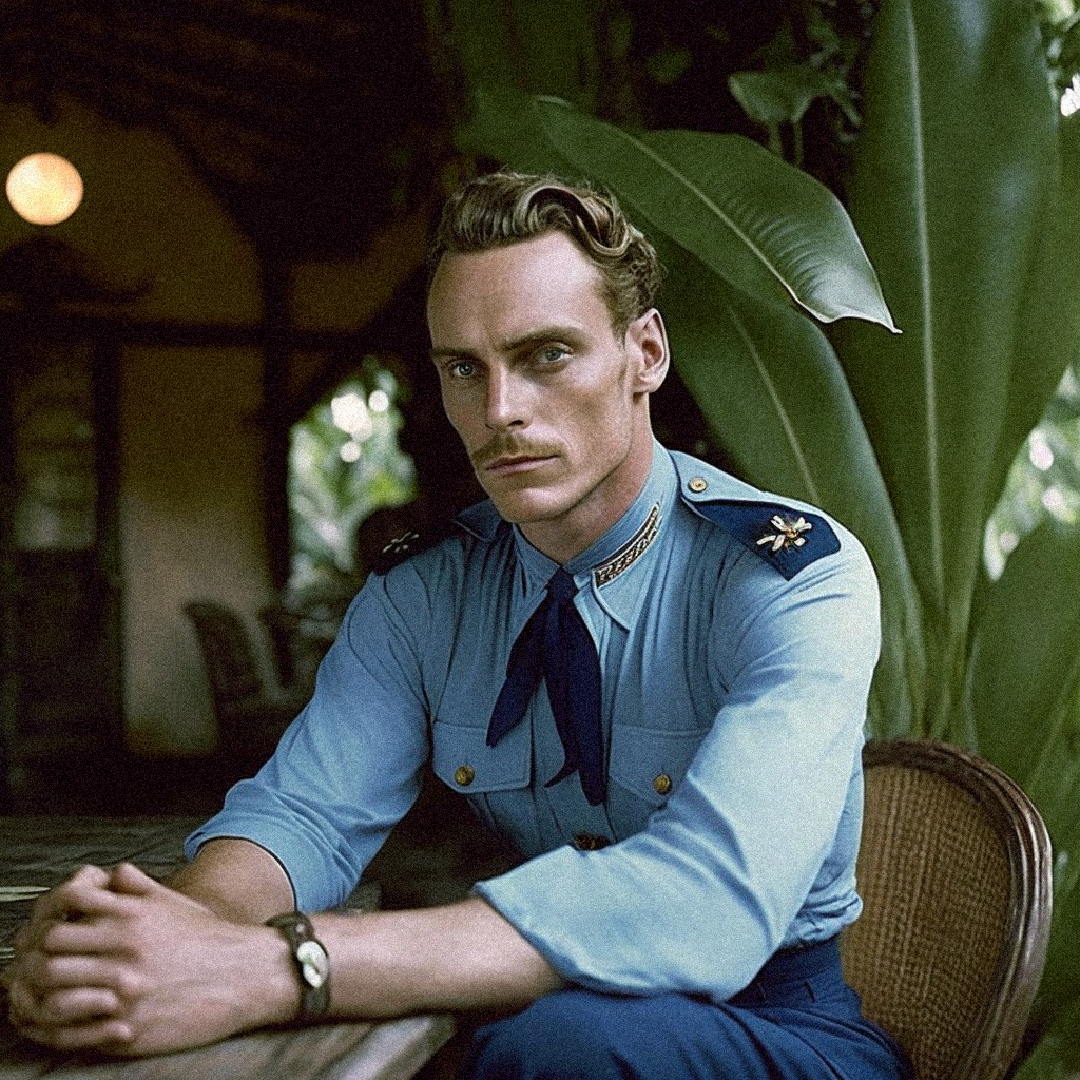Russian Roulette
By Don Stanford
We were jetsam, most of us, cast upon the Mexican village by the receding turbulent tides of the War; but there were two exceptions. Three, possibly; but the old Chinese might have been anything, he might have been a Manchu or an educated clerk. He was boss of the operation, which was flying wetbacks smuggling aliens into the Arizona desert- and as long as he paid off he didn't have to talk to any of us, and he didn't.

About the other two, though, there was never any doubt. They were well-born, both of them, the Englishman and the German; they were anachronisms there and perhaps they would have been the same anywhere in the world today, perhaps that is why they were there in the first place.
Buchalter, the German, looked for all the world like something right out of the "Student Prince," maybe the Prince himself. He had blond hair clipped very short and his eyes were bright blue in his ruddy scrubbed-looking face, and he held himself very stiffly always. He dressed in Luftwaffe uniforms, all beautifully tailored and always perfectly creased and immaculate, and he even carried a little stick, even in the heat of the Mexican summer.

Clyde, the Englishman, was also blond and blue-eyed, and right there the resemblance ended, except for the indefinable something in each of them that set them apart from the rest of us, the thing you can't put a finger on or describe in any way, but that you can't miss either. Breeding. Clyde's hair was dull and lusterless, and he wore it a little too long, and his blue eyes had a grayish flatness, and his skin wasn't ruddy like Buchalter's but clear and colorless and transparent. He had a long nose and his voice was high, and he dressed carelessly in those ridiculous shorts the English wear in tropical climates, the ones that reach to the knee. Some part of the indescribable resemblance showed through, though, in the way Clyde dressed; in the silly-looking shorts and the ribbed woolen stockings rolled just below his knees he had the same correct elegance that Buchalter had in his perfect uniforms.
They hated each other with a cold, implacable and courteous hatred, and an incident could not have been postponed as long as it was if they had not both been constrained by a common shame, if each had not realized that the other was just as much out of place here breaking international laws as himself; and the corollary, the inescapable reminder that he himself should not be here. It held them in check, and at the same time it fanned the loathing they felt for one another.























































